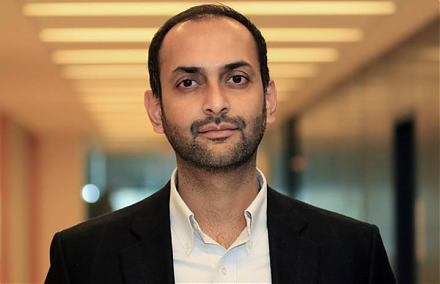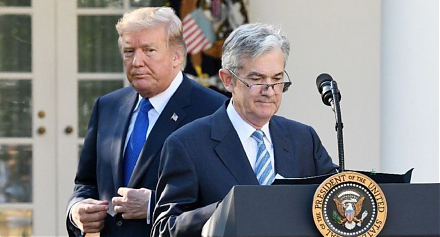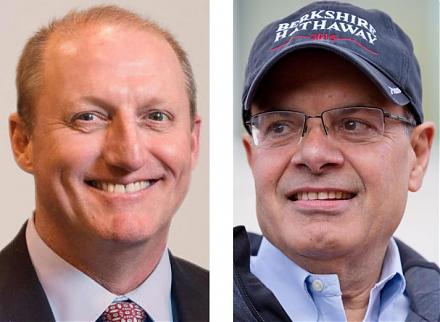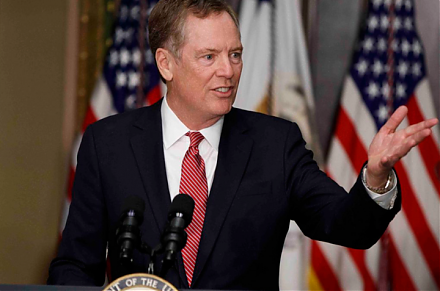

2018-12-01 11:37:00 Sat ET
trust perseverance resilience empathy compassion passion purpose vision mission life metaphors seamless integration critical success factors personal finance entrepreneur inspiration grit
As the solo author of the books Millionaire Next Door and Richer Than Millionaire, William Danko shares 3 top secrets for *better wealth creation*. True prosperity is the convergence of good health, wealth, and happiness. The median net worth of self-made millionaires is $2.3 million, and their median age is 50. Most millionaires are men (90%) and also live in happy marriages (93%). First, most wage-earners should save 20% of their income per annum, whereas, most American consumers save only about 5% of their income each year. Second, each person should be a good steward of his or her resources. These key resources include stable personal relationships and frugal personal habits. In effect, frugal habits help ensure longer life longevity, better compound time, and greater compound interest. Third, it is important for most wage-earners to develop multiple streams of passive income. Fiscal discipline contributes to effective investments in small and profitable value stocks with conservative capital investment growth and low market risk exposure.
Most self-made millionaires share the basic fact that they need no budgets. These millionaires spend relatively little in comparison to their disposable income due to their fiscal discipline and self-control. As a result, this frugal habit renders budgets unnecessary.
If any of our AYA Analytica financial health memos (FHM), blog posts, ebooks, newsletters, and notifications etc, or any other form of online content curation, involves potential copyright concerns, please feel free to contact us at service@ayafintech.network so that we can remove relevant content in response to any such request within a reasonable time frame.
2019-04-23 19:45:00 Tuesday ET

Income and wealth concentration follows the ebbs and flows of the business cycle in America. Economic inequality not only grows among people, but it also gr
2023-03-28 11:30:00 Tuesday ET

The Federal Reserve System conducts monetary policy decisions, interest rate adjustments, and inter-bank payment operations. Peter Conti-Brown (2017)
2018-02-19 08:39:00 Monday ET

Snap cannot keep up with the Kardashians because its stock loses market value 7% or $1 billion after Kylie Jenner tweets about her decision to leave Snapcha
2018-04-26 07:37:00 Thursday ET

Credit supply growth drives business cycle fluctuations and often sows the seeds of their own subsequent destruction. The global financial crisis from 2008
2018-11-15 12:35:00 Thursday ET

Warren Buffett approves Berkshire Hathaway to implement new meaningful stock repurchases. Buffett sends a positive signal to the stock market with the Berks
2018-12-20 13:40:00 Thursday ET

T-Mobile and Sprint indicate that the U.S. is likely to approve their merger plan as they take the offer from foreign owners to stop using HuaWei telecom te